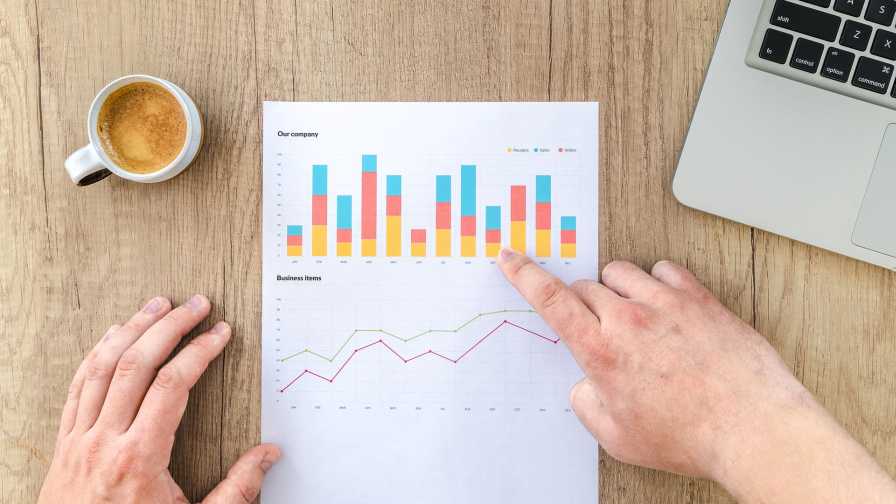4 Types of Business Analytics You Need to Know

Today’s tech allows businesses to more easily chart important data and profit from the analytics.
It’s easy to get overwhelmed with the amount of data you’re collecting within your greenhouse. Making sense of and use of it can be tricky and require the right systems support and software partner. Ultimately growers must convert those mountains of data into metrics and comparisons that have meaning and can help with decision making.
Understanding what types of analytics there are can help tailor your individual analytics and data architecture to get the results you desire from your data program.
In a recent post on AdvancedGrowerSolutions.com, we break down four categories of analytics derived from Gartner’s analytics maturity model.
Descriptive Analytics
Descriptive analytics describes what happened. They are historical in nature, looking back at your raw data, gathering, aggregating, and displaying key metrics about what your operation has done. These are also referred to as hindsight.
Diagnostic Analytics
Diagnostic analytics help answer the question of “Why did something happen.” Diagnostic analytics is typically a layer deeper than descriptive analytics and, based on the situation, have some cause-and-effect impact on the descriptive analytics you are investigating.
Predictive Analytics
Predictive Analytics tries to answer the question of “What will happen.” Predictive analytics are also referred to as forward-looking analytics where future stats are predicted from knowns and assumptions or other causal data sources.
Prescriptive Analytics
Prescriptive Analytics tries to answer the question “How can we make it happen.” What do we need to measure and correlate to tailor future outcomes? Gartner describes this as being on the optimization end of the analytic spectrum.
Having an understanding of the types of analytics and how they can help will give you an advantage as you improve the use of your data for better planning and results.
Continue reading here.









